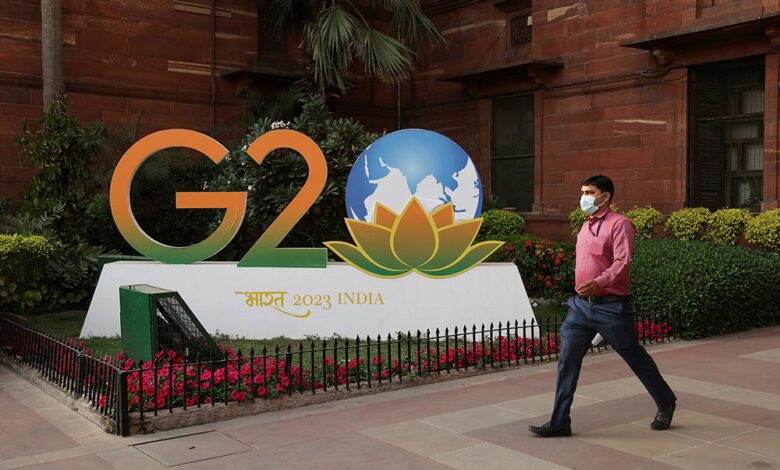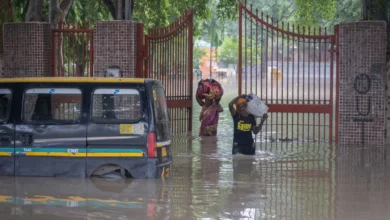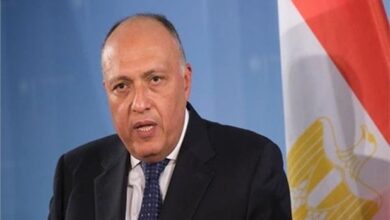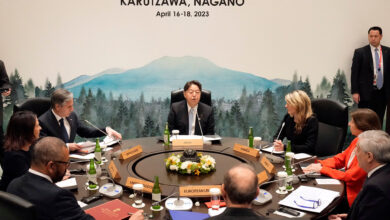
Foreign ministers from the world’s biggest economies have convened in New Delhi, setting the stage for a grand test in Indian diplomacy as it attempts to navigate tensions over Russia’s brutal and unprovoked invasion of Ukraine.
In the second high-level ministerial meeting under India’s Group of 20 (G20) presidency this year, the country’s foreign minister, Subrahmanyam Jaishankar, will meet his American, Chinese and Russian counterparts Thursday, hoping to find enough common ground to deliver a joint statement at the end of the summit.
The world’s largest democracy, with a population of more than 1.3 billion, has been keen to position itself as a leader of emerging and developing nations — often referred to as the global South — at a time when soaring food and energy prices as a result of the war are hammering consumers already grappling with rising costs and inflation.
Those sentiments were front and center during a news conference Wednesday, when India’s foreign secretary Vinay Kwatra told reporters that the foreign ministers should think about the impact, “particularly economic,” the conflict has had globally.
But analysts say India’s attempt to push its agenda has been complicated by the enduring divisions over the war.
Those differences played out in the southern Indian city of Bengaluru last month, when G20 finance chiefs failed to agree on a statement after their meeting. Both Russia and China declined to sign the joint statement, which criticized Moscow’s invasion. That left India to issue a “chair’s summary and outcome document” in which it summed up the two days of talks and acknowledged disagreements.
Analysts say that throughout the war New Delhi has deftly balanced its ties to Russia and the West, with Prime Minister Narendra Modi emerging as a leader who has been courted by all sides.
But as the war enters its second year, and tensions continue to rise, pressure could mount on countries, including India, to take a firmer stand against Russia — putting Modi’s statecraft to the test.




